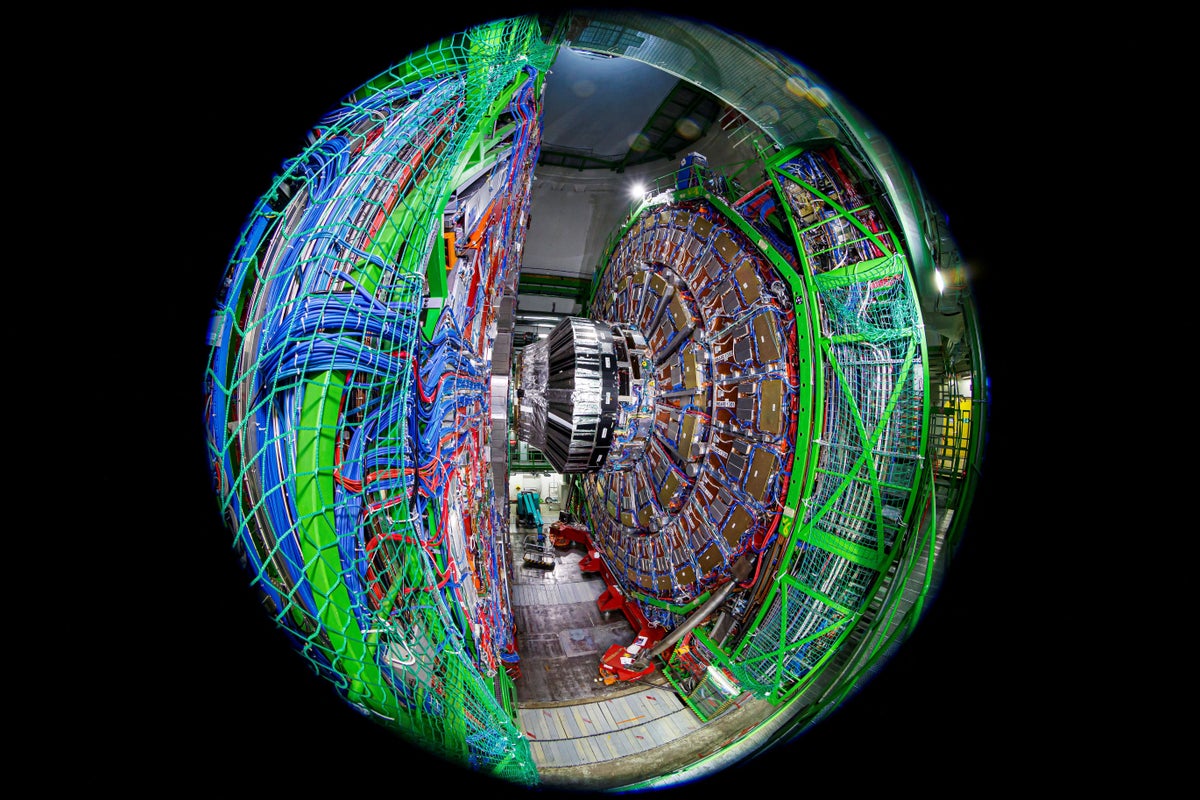
"The cultural grip of supersymmetry has been so strong that discerning the theory's endâshould it ever comeâwould be difficult as CERNâs LHC experiments yield no evidence."
"With the ATLAS and CMS teams no longer maintaining dedicated supersymmetry working groups, it signals a significant shift in priorities and a potential end to the theory's era."
Supersymmetry, long hailed as a promising theory in particle physics suggesting each elementary particle has a heavier superpartner, faces increasing skepticism due to the absence of experimental evidence from the Large Hadron Collider (LHC). Despite initial excitement following the Higgs boson's discovery, both ATLAS and CMS experiments have failed to find signs of superpartners for over a decade. This has led to the dismantling of dedicated supersymmetry working groups at CERN, indicating a significant shift in priorities within the field and the potential conclusion of a theory that dominated discussions in particle physics for decades.
Read at www.scientificamerican.com
Unable to calculate read time
Collection
[
|
...
]